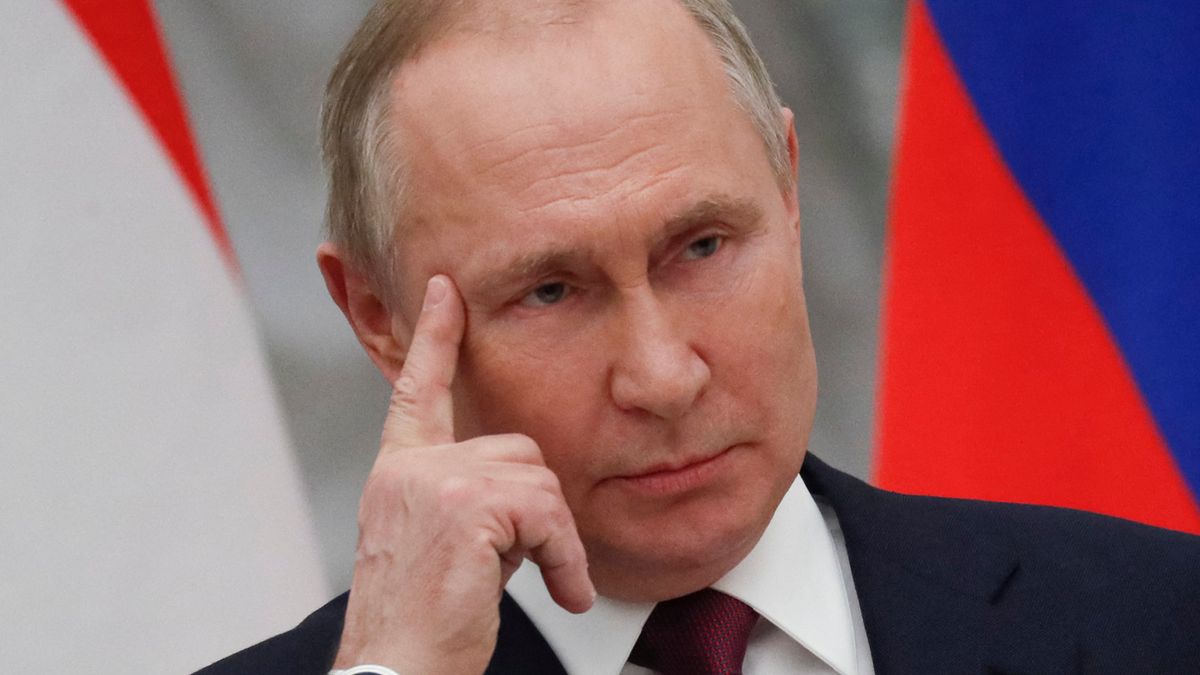In response to the horrific attacks on Ukraine, the overall international community has issued economic sanctions on Russia. According to an article that appeared in The Guardian by correspondent Jon Henley, the U.S., European Union, and Canada have agreed to put restrictions on Russia’s central bank which prevents Russia from tapping into international savings. Other economic restrictions have also been made such as freezing money in leading Russian banks and limiting trade.
As defined by Queens College political science professor Julie George, an economic sanction is an action taken to prevent a country from continuing behaviors that the sanctioning countries disapprove of. Economic sanctions are performed through various means, such as restricting or refusing to trade with the sanctioned country or specific industries. When sanctions are deployed, sanctioned countries may face economic issues and can even aggravate a conflict. “Sanctions have sometimes been interpreted as weapons of war and could provoke a military response,” says Professor George.
Since the Obama administration, U.S. and other global powers have levied economic sanctions against Russia. The sanctions enacted recently are both deeper and supported by other nations, such as Japan. In response to the sanctions, Russia has attempted to protect itself from the consequences by revising bank policies to prevent restrictions on currency. Revisions include making the ruble non-exchangeable and delaying the opening of the Russian stock exchange. “Russia has declared that the economic sanctions are an economic war and say that it is a hostile act,” stated Professor George.
In an interview in The New Yorker, editor and staff writer David Reminck spoke with Russian history scholar Stephen Kotkin about how Russia’s invasion follows a historical pattern. “Russia broke its teeth twice on Poland: first in the nineteenth century, leading up to the twentieth century, and again at the end of the Soviet Union,” said Kotkin.
Professor George told The Knight News about NATO’s efforts in stopping the Russian-Ukrainian War. She said that NATO has called for Russia to stop the invasion of Ukraine. “They have also provided military commentary and expertise to discuss the conduct of the war, in particular the use of weapons against civilians,” says Professor George. Russian history scholar Kotkin also commented on the importance of NATO in reference to Russia. “Where would we be now if Poland or the Batlic states were not in NATO? They would be…in the same world that Ukraine is in,” argued Kotkin.
Queens College clubs are taking the initiative to raise resources for Ukrainian citizens. The Queens College Chapter of Hillel is advertising an Emergency Relief Fund hosted by its parent organization Hillel International. Money raised will help bring both short-term and long-term resources to Ukrainans, such as critical supplies like food and water and temporary shelters for those who are facing homelessness due to the Russian invasion.
For any students who seek support regarding the Russian invasion, the Queens College Counseling Center is happy to help. The Counseling Center has made a space available during free hour for those who wish to share their feelings and concerns. Individual appointments are still being offered by the Counseling Center and can be made by emailing CounselingServices@qc.cuny.edu or by calling (718) 997-5420. “We share in your concern for these global issues that impact us locally and are happy to help in whatever way we can, and at the very least, offering a supportive ear to listen,” read an email announcement from March 8.











